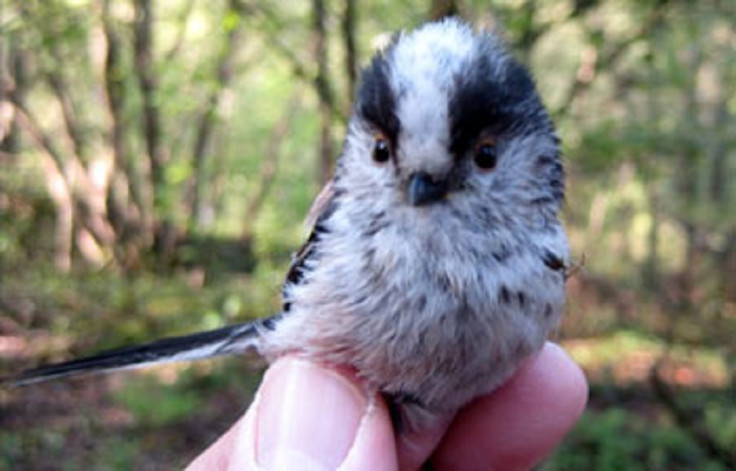British Long-Tailed Tit to Become 'Climate Change Winners', Scientists Discover

While climate change is expected to spell disaster for billions of humans and animals across the planet, scientists have discovered one species that will welcome global warming – the British long-tailed tit.
Scientists at the University of Sheffield have found that "every single plausible climate change scenario" will improve the survival rates of the long-tailed tit.
These birds only live for two or three years and they have extremely high mortality rates during freezing winters.
However, the researchers have discovered that warm weather in spring is more important to their survival than cold weather in winter, the study published in the journal Oikos found.
Study leader Philippa Gullett said: "During spring, birds must work their socks off to raise their chicks. For most small birds that live for only two or three years, not raising any chicks one year is a disaster. They might only get one more chance, so they can't afford to fail."
As a result, long-tailed tits will work so hard to raise their young that they exhaust themselves to the point of death. Weather, therefore, makes a huge difference to their chance of survival.
After analysing 20 years' worth of data, the researchers discovered breeding in warm and dry springs gives a much greater chance of survival. "What seems to be going on is that the tits try to raise their chicks at any cost," Gullett said.
"If it's cold and wet in spring, that makes their job much tougher. Food is harder to find; eggs and chicks are at risk of getting cold. The result is that by the end of the breeding season, the adult birds are exhausted."
Researcher Karl Evans said that while wet autumns increase the chance of death, this is offset through the benefits of warmer breeding seasons.
"We're not saying that birds never die in winter - in harsh years there are bound to be some fatalities," he said. "However, it seems that in most years autumn weather plays a bigger role, perhaps acting as a filter that weeds out weaker birds before the real winter hits.
"Looking ahead to the future, our data suggests that every single plausible climate change scenario will lead to a further increase in long-tailed survival rates. While many species struggle to adjust to climate change, these delightful birds seem likely to be winners."
© Copyright IBTimes 2025. All rights reserved.






















